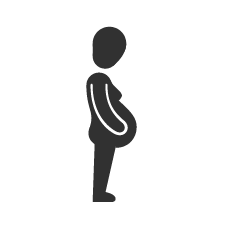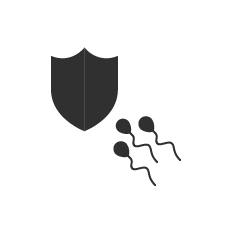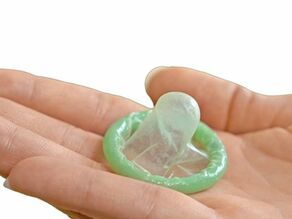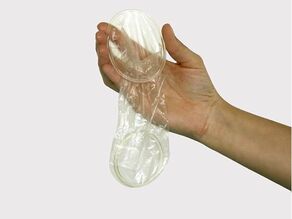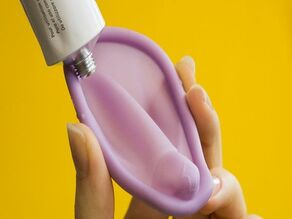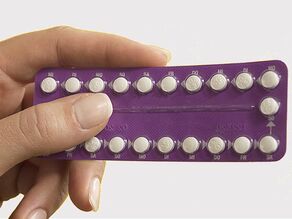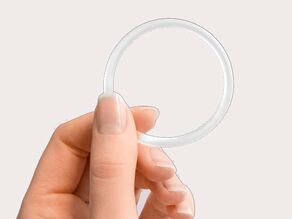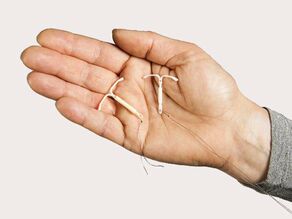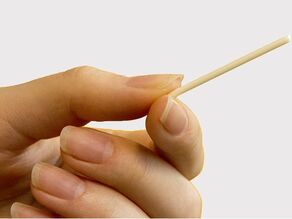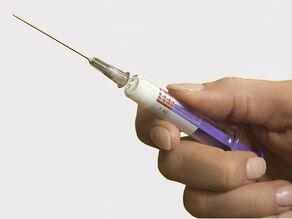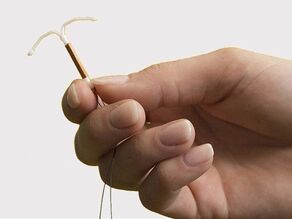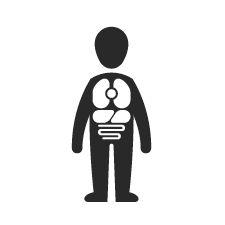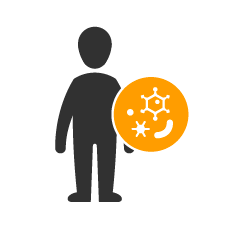Barrier methods
A barrier made of latex, rubber or silicone prevents sperm cells from reaching the egg cell:
Hormonal methods
Hormones influence a woman’s sexual organs. The hormones have three effects: they prevent ovulation, they keep semen from entering the uterus and they prevent the mucous membrane of the uterus from preparing for a pregnancy.
Devices that are inserted into the uterus
A doctor or other health professional inserts these contraceptive devices into the woman’s uterus:
Natural methods
There are various methods to identify your fertile days. The natural methods are less reliable than other methods of contraception.
- The sympto-thermal method: To use this method you measure your body temperature every morning before getting up. You observe how the mucus in your vagina changes. Every day you write down what you observe. From the change in body temperature and vaginal mucus, you can determine your fertile days. For this method, you need more information and detailed instructions. Ask your doctor or other health professional. There are also cycle computers and apps that calculate the fertile days. Using them alone, though, is not safe.
- Coitus interruptus: the man pulls his penis out of the vagina directly before orgasm / ejaculation. But – even before ejaculation, fluid often comes out of the penis. This fluid often contains sperm cells. This is why this method is not safe.
- Breast-feeding your baby: You can only use breastfeeding in the first six months after birth as a form of contraception. You must breast-feed the baby six times within 24 hours. You must breast-feed for at least 80 minutes a day. You can only feed the baby with breast milk. Breastfeeding can only prevent pregnancy as long as you have not gotten a menstrual period after the birth. Breast-feeding is not a reliable contraceptive method.
- Abstaining from vaginal intercourse.
The natural methods must be used very precisely. You can get pregnant if you make even a small mistake. If you do not want children at the moment, it is better to use a different method. Ask a doctor or a public health nurse for advice.
Permanent contraception: sterilization
A doctor performs an operation on the man or the woman. On the woman, the fallopian tube is severed, so that her egg cells no longer can reach the uterus. On the man, the sperm duct is severed, so that the man's semen no longer contains sperm cells. He is still able to have sex like he used to, but cannot make a woman pregnant. After sterilization, neither the man nor the woman will be able to have children. Sexual desire will not be changed.
Sterilization is a very safe and definitive method of contraception. Therefore the decision has to be well thought out. Sterilization is a good option if you do not want to have any (more) children.
Responsibility of both partners
Both partners carry the responsibility for using contraception. Talk to your partner about which contraceptive methods you want to use as a couple.

